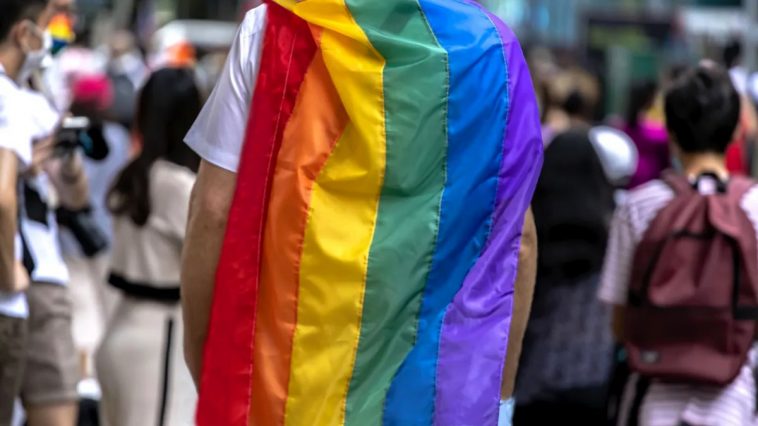As the world moves towards a more inclusive future, it is increasingly essential that LGBT rights are recognized and protected globally. In Brazil, a country known for its diversity and human warmth, the fight for equal rights for the LGBT+ community has gained more and more space and visibility. As the historic milestone of the legalization of same-sex marriage approaches, it is an opportune moment for the country to reaffirm its commitment to promoting human rights, making LGBT+ equality a priority in its foreign policy.
The past decade has seen significant progress in recognizing and protecting the rights of the LGBT+ community in various parts of the world. In Brazil, equal marriage, legalized in 2013, was a fundamental step towards equal rights. Now, as we approach a new decade, it is imperative that Brazil uses its international influence to promote and protect LGBT+ rights beyond its borders.
Making LGBT+ rights a priority in Brazilian foreign policy not only reinforces the country's commitment to human rights, but also positions Brazil as a global leader in the fight for equality and social justice. Through diplomacy, international cooperation and participation in global forums, Brazil can play a crucial role in promoting a safer and more inclusive global environment for all people, regardless of their sexual orientation or gender identity.
Furthermore, by marking the milestone of equal marriage, the country has the opportunity to celebrate the achievements already achieved and reflect on the challenges that the LGBT+ community still faces in Brazil and around the world. It is a chance to reaffirm the importance of education, respect and inclusion in building a more egalitarian society.
Promoting LGBT+ rights in foreign policy also involves combating discrimination and violence against LGBT+ individuals in countries where their basic rights are not yet recognized. Through diplomatic commitment and support for international organizations that work on these issues, Brazil can significantly contribute to positive changes on a global scale.
In conclusion, as Brazil celebrates advances in equal marriage and positions itself on the international stage, it is essential that LGBT+ rights are placed at the center of its foreign policies. In doing so, the country not only honors its commitment to human rights, but also leads by example, showing the world the importance of embracing diversity and promoting equality for all.



